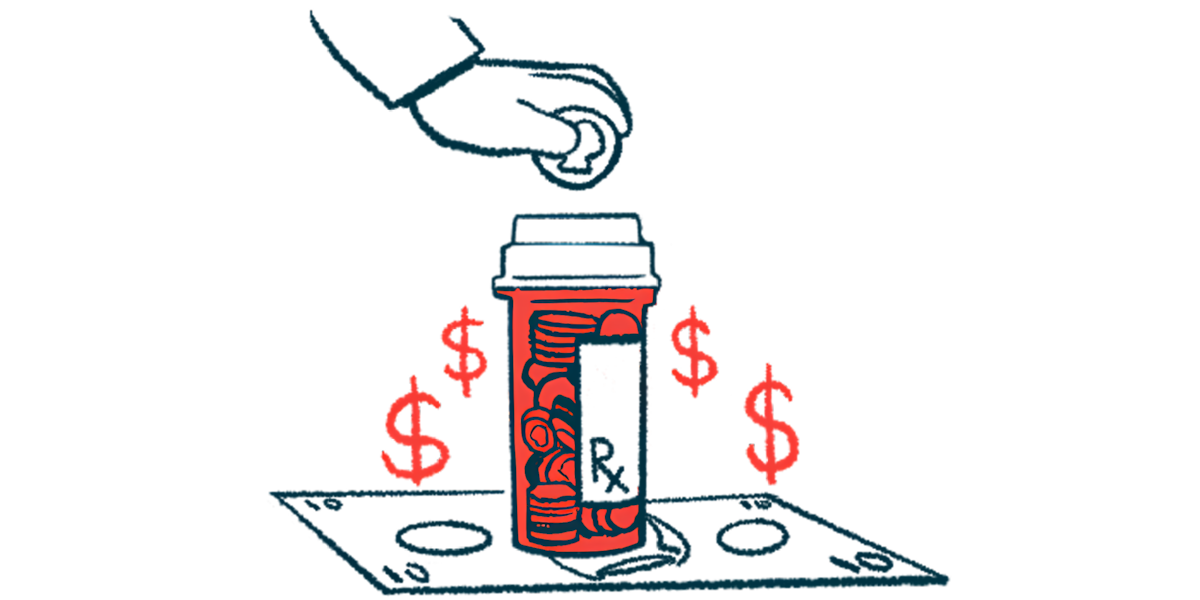Most MS neurologists in the US have received pharma payments
Payments tied to 'greater likelihood of prescribing that company’s drugs': Study
Written by |

In the U.S., nearly 4 out of 5 neurologists prescribing therapies for multiple sclerosis (MS) have received payments from pharmaceutical companies that market MS treatments, according to a new analysis.
The findings indicate that neurologists who receive payments from a company are significantly more likely to prescribe that company’s drugs to their patients, particularly if payments were large and sustained over time.
“These findings raise concerns about excess pharmaceutical promotion efforts and their implications for physician prescribing for patients,” researchers wrote.
The study, “Industry payments to US neurologists related to multiple sclerosis drugs and prescribing (2015–2019): a retrospective cohort study,” was published in BMJ Open.
The high costs of MS treatments
More than 20 disease-modifying therapies have been approved in the U.S. for MS, all of which dampen disease-driving inflammation and have been proven to slow disease progression.
Treatments for MS carry high price tags, typically costing tens of thousands of dollars per year, and these therapies usually need to be taken for a person’s entire life to remain effective. In fact, even though they aren’t the most commonly prescribed neurological therapies, MS drugs are the largest expense for neurological conditions for Medicare (the government program that provides health insurance to elderly Americans and to those with disabilities).
Previous research has shown that physicians who receive payments from pharma companies — for example, consulting fees or reimbursements for travel and meals — are more likely to prescribe drugs made by those companies. However, this type of research hasn’t specifically looked at MS treatments, which are an especially competitive market.
Using data from a Medicare database, scientists examined pharma payments to neurologists who had prescribed MS therapies from 2015 to 2019. Of the 7,401 neurologists analyzed, 78.5% had received money from at least one pharma company, and 67.5% received payments from two or more companies.
Over the course of five years, these neurologists received 626,290 distinct payments, totaling $163.6 million, though this was not distributed equally. In fact, the median payments per neurologist was $779 total, but more than 95% of the total payments, or about $155.7 million, went to 10% of the neurologists.
Larger payments were made to doctors making more MS prescriptions, suggesting “that companies selectively target high-volume prescribers,” the researchers wrote.
Among the biggest payers were Sanofi, which spent $71.3 million in payments to about 57% of all neurologists, and Biogen, which spent a total of $33.1 million and paid nearly two-thirds of all the neurologists. Sanofi markets the MS therapies Aubagio (teriflunomide) and Lemtrada (alemtuzumab), whereas Biogen sells Avonex (interferon beta-1a), Plegridy (peginterferon beta-1a), Tecfidera (dimethyl fumarate), Tysabri (natalizumab), and Vumerity (diroximel fumarate).
Statistical analyses showed that doctors who received payments from a given company were 13% more likely to prescribe therapies marketed by that company. This effect was more pronounced with larger payments: Doctors paid $50 were about 10% more likely to prescribe that company’s therapies, whereas doctors paid $500 were 26% more likely and those paid $5,000 were 50% more likely.
The effect was also more pronounced when payments were more recent and had been sustained for a longer length of time.
“Payments from a company were associated with a greater likelihood of prescribing that company’s drugs and a dose-response effect was found with respect to the value of payments, duration of payments and recency of payments,” the researchers wrote. They highlighted that, although larger payments had a more dramatic effect, even small payments had an impact that was not negligible.
The finding also showed physicians who received payments from one company were less likely to prescribe drugs sold by other companies that hadn’t paid them, which “suggests that companies that do not aggressively market their drugs may be placing themselves at a competitive disadvantage,” the researchers wrote.
Policies for greater transparency
Overall, these findings raise concern over the potential impact that pharma payments may be having on how MS drugs are prescribed, the researchers wrote.
The scientists noted that this study was only possible because of legislation that required greater transparency in how pharma payments are made to doctors.
“It remains unclear whether increased transparency has mitigated these conflicts of interest and their impact on prescribing behaviour, or simply given the public greater insight into the large scale of industry payments made to prescribers,” the researchers wrote, noting that “several policies aimed at actively limiting industry payments to physicians — rather than simply making them transparent — have been proposed,” such as policies limiting contact between pharma representatives and prescribing physicians.
